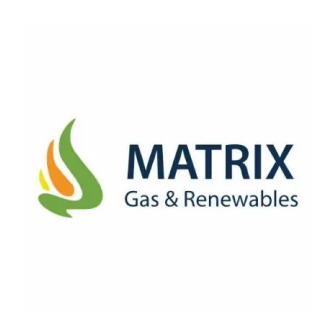Financial Performance: The company's revenue from operations saw significant growth, with figures reaching ₹489.6 Cr as of March 31, 2023, up from ₹1.50 lakhs in 2022. The company achieved a Profit After Tax (PAT) of ₹32.04 Cr in 2023, contrasting with a net loss in the previous year.
Strong Promoters: Backed by experienced professionals and a diversified group including Gensol Engineering Ltd. and BluSmart Mobility, Matrix Gas leverages renewable energy and electric mobility expertise.
Solar Power Ventures: The company has a contract for a 5,330 kWp solar PV plant with Amber Enterprises India Limited, from which it expects revenue starting in FY 2024-25 after its commissioning.
Indian Gas Exchange (IGX): The company has maintained a proprietary membership with the Indian Gas Exchange (IGX) since December 13, 2022, enabling it to acquire natural gas for short-term requirements.
Progressing in Green Hydrogen: Matrix Gas & Renewables Ltd is at the forefront of the clean energy shift by producing Green Hydrogen. They have the skills to handle Engineering Procurement and Commissioning (EPC) as well as Build Own Operate (BOO) projects.
